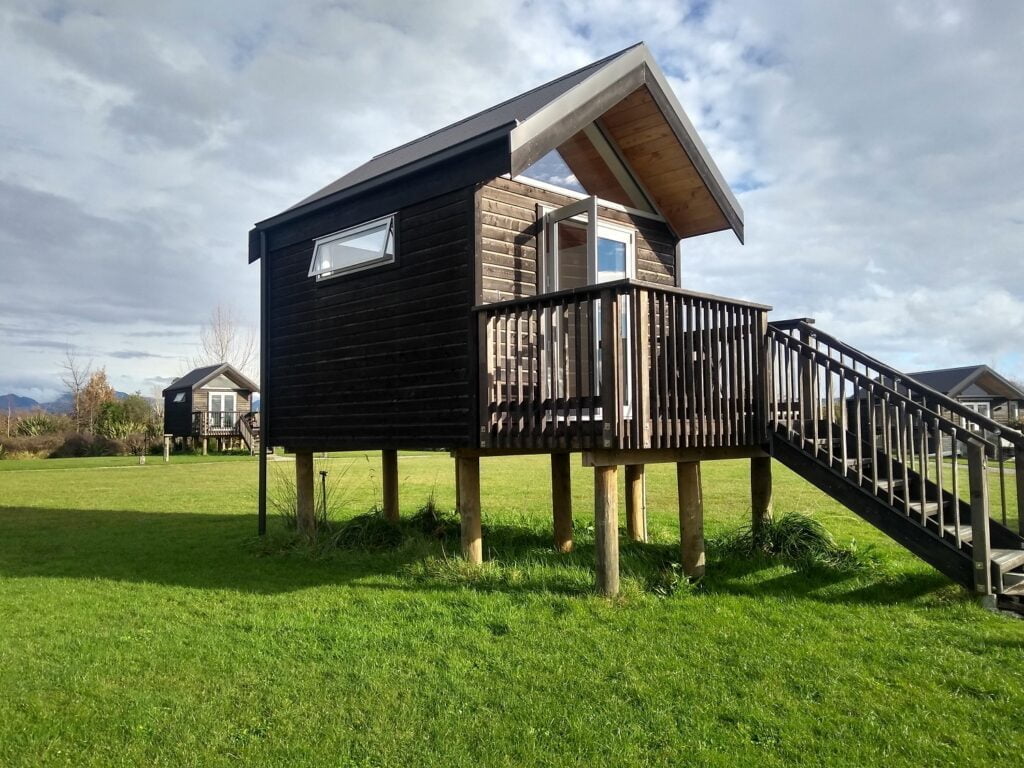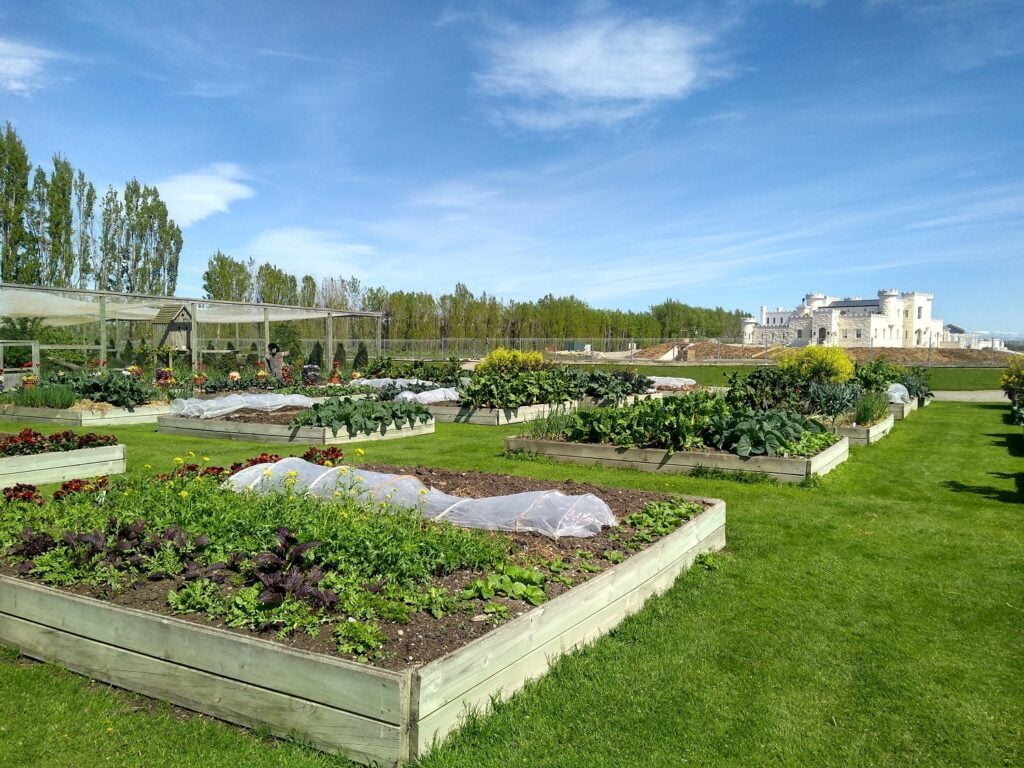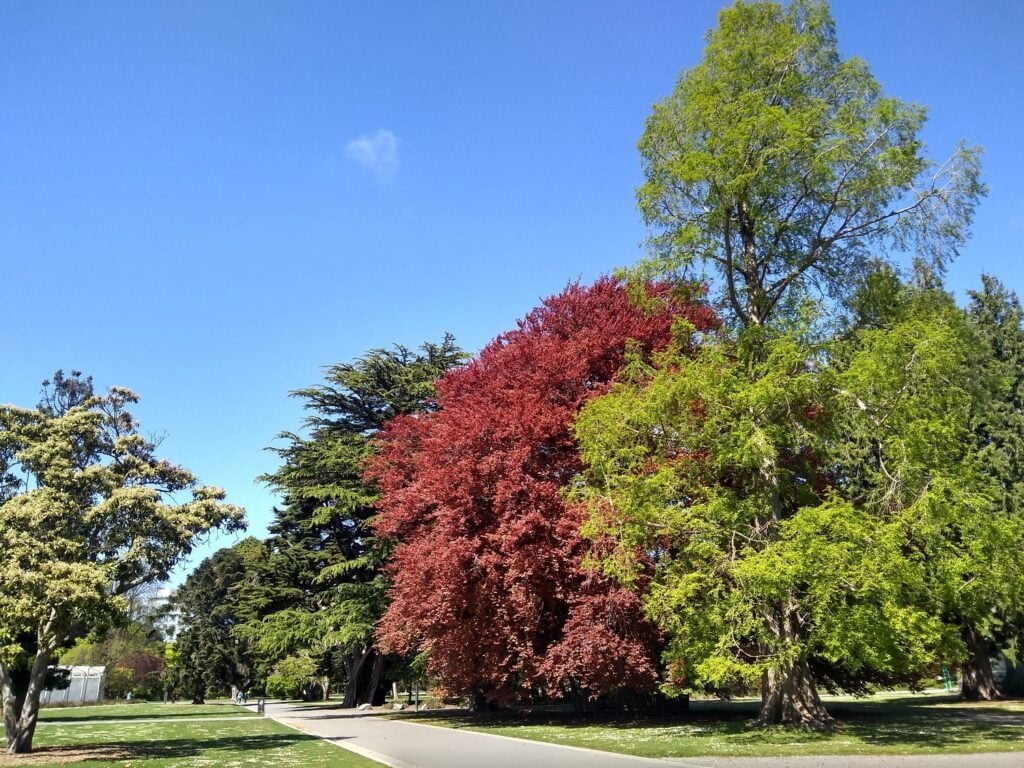By Cora Gold, Editor-in-Chief of Revivalist
Do you feel overwhelmed by everything going on in your life? If you have a job, a family and a home, you probably have a lot of responsibilities and decisions to make throughout the day. If you’re looking for a change, learning about minimalism may help lead you in a positive direction.
Minimalism started as an art style focused on producing images without intricate details. This concept has expanded to a lifestyle of keeping a clear space and a clear head. Here is a beginner’s guide to minimalism. For further reading, see our tips on how to become minimalist.
What Is Minimalism?
Being a minimalist means focusing on the things that have value and purpose in your life and freeing yourself from the excess stuff that can get in the way of what’s truly important to you.
Minimalism is a choice and focuses on being intentional about how we spend our time, energy, and money. It’s choosing to live with less physical and emotional baggage and freeing yourself from a conventionally stressful life.
When you choose to live more intentionally, you focus on experiences instead of material possessions, which gives you more resources for hobbies, adventures, and visiting with loved ones. It’s about enjoying what you have and the beauty already around you.

Benefits of Minimalism
Practicing minimalism has a host of benefits for your home and your mental health:
- Fewer things to clean: When you have fewer possessions, fewer things can collect dust and dirt around your home. You can put this free time towards better things.
- Increased focus: When you live a minimalist lifestyle, there’s less to distract your eyes and mind when you’re trying to focus on the task at hand.
- More time: When you focus on what’s most important, you will have more time to focus on what truly matters.
- Increased confidence: A minimalist lifestyle encourages individual responsibility and reliance by choosing what is truly essential in your life. This helps you feel confident about what is best for you, allowing you to do it with less stress and guilt.
- More peace: A lot of mental and physical clutter can overstimulate your brain and cause stress. Having less clutter creates a clearer space, which means a clearer mind.
Everyone can see benefits from embracing a minimalist lifestyle, but it can be hard to know how to incorporate minimalism into your life.

Maintaining a Minimalist Lifestyle
Once you’ve created a minimalist life, it can be hard to keep it up over time. However, there are a few easy ways to keep up a minimalist space.
Be Critical About Your Investments
Kick your impulses to the curb and focus on living with intention to ensure the new additions to your life won’t set back your minimalist goals, whether you are taking on a new life practice or buying something new.
Some tips for shopping with intention include:
- Make a list: Decide what items you are looking for ahead of time. Decide how you will use them in the space and where they will be stored.
- Don’t buy duplicates: Don’t buy items you already have and which don’t require a spare.
- One in/one out: If you decide to get a new version of an item you already have, ensure you get rid of the duplicate item as soon as possible.
- Think about every purchase: If you see something in a store that you want to buy, go to the item and pause. Ask yourself if it’s something you need or will use next year. Also, ask yourself if that item is something you will enjoy or if you just like it at the moment.
Some tips for living with intention include:
- Ask yourself, “Will this relationship or experience bring value to my life?” when debating trying something new.
- Unplug electronics and take time to breathe and think in peace and quiet.
- Set goals and reevaluate them often.
Clean Often
As you go through a busy week, it can be easy for some items to pile up. Here are some cleaning tips to keep your space as clear as possible:
- Clean as you go: When there is dirt, crumbs, or spills, clean it up immediately. It’s also best to do your dishes as you cook.
- Declutter seasonally: Go through your items every three to six months and reevaluate what you want to keep.
- Do a weekly refresh: Once a week, go through your space and sweep, mop, and vacuum to keep dust at bay. Also, pick up any items you may have missed throughout the week and put them back in their place.

What Minimalism Isn’t
We’ve gone over how to start and maintain a minimalist lifestyle, but it’s important to remember what minimalism is not.
Being Cheap
Being a minimalist doesn’t mean you are trying to spend as little as possible on your items or experiences. While it’s essential to live within your means, having a smaller earthly footprint means you can focus more on the quality of the things you do have.
Making quality clothing and furniture purchases means they will last longer, which eliminates the need to make frequent purchases. Choosing quality experiences, even at a higher cost, can create more meaningful memories than a lesser experience. It’s about what’s best for you and your family.
Sacrificing Emotion
Just because you declutter does not mean you have to get rid of everything that has meaning for you. If an item brings you genuine joy or is connected to a meaningful time or person in your life, you don’t have to get rid of it. If you have a nonsense holiday tradition that you do every year, you can do it.
If you find clutter from emotional things, consider taking photos to keep or journaling about them as an alternative.
Limiting Your Items by Number
There is a misconception that minimalism means limiting the number of items you have by a specific number. This is not the case, as different people will need a different number of articles and activities that fulfill them. Sometimes, you need more than one type of art class or handbag and that’s okay – as long as it doesn’t create clutter.
Starting Your Minimalist Journey
Starting a minimalist lifestyle can seem daunting at first. You don’t have to rush or be perfect. Minimalism is about creating a life of greater enjoyment and freedom from the mental and physical clutter we face. Taking small steps to live a minimalist life can add up to the best version of yourself.

About the Author
Cora Gold has a passion for writing about life, happiness and sustainability. As Editor-in-Chief of women’s lifestyle magazine Revivalist, she loves to share her insights and find inspiration from others. Follow Cora on Facebook, Pinterest and Twitter.